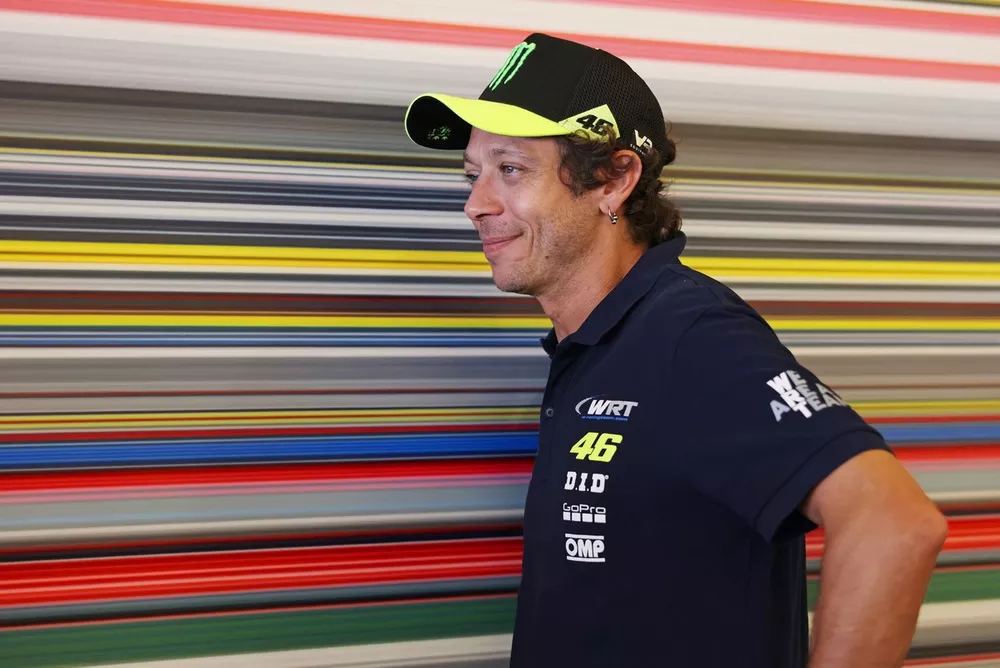In the world of MotoGP, the intense rivalry between Marc Márquez and Valentino Rossi has always captivated fans, and recently, it has resurfaced following critical comments made by Rossi. Almost ten years after their conflict began, the former champion Casey Stoner has weighed in on the situation. He argues that Rossi’s actions towards Márquez were misguided and ultimately detrimental to his own career, suggesting that the Italian’s decision to provoke Márquez was a grave error.
Stoner, reflecting on Rossi’s media influence, explained how the Italian rider skillfully leveraged his popularity to shape public perception. He shared insights during a podcast interview, stating, “Rossi was a dominant figure in the media landscape, and that worked to his advantage. Unfortunately for me, this meant I was often portrayed as the villain. Those who are less expressive sometimes get a bad rap, and I wanted to avoid that narrative. I was focused on riding my bike rather than playing mind games.” This comment underscores Stoner’s belief that Rossi’s approach contributed to the negative dynamics between them.
Focusing specifically on the Márquez-Rossi dynamic, Stoner pinpointed the beginning of their feud, claiming that it was Rossi who ignited the conflict. According to him, while Márquez did have his share of criticism directed at him, it was Rossi’s antagonistic remarks that set the stage for their rivalry. Stoner noted, “Rossi and Márquez were once on friendly terms, but it was Valentino who escalated things with his provocative comments. Márquez reacted as anyone would; you can’t intimidate someone with Márquez’s resolve. It was a significant miscalculation on Rossi’s part.”
Moreover, Stoner suggested that Rossi’s rivalry with Márquez may have cost him a World Championship title, emphasizing that he had underestimated his competitor. “Rossi’s approach alienated him from one of the most formidable riders on the grid, resulting in him losing a title that could have been his,” he asserted. This highlights Stoner’s perspective that Rossi’s competitive mindset may have led to a misjudgment that affected his performance.
As Stoner continued, he pointed out a shift in the dynamics of competition, noting that Rossi’s psychological tactics no longer had the same impact on the newer generation of riders. “In the past, Rossi could manipulate the minds of his opponents, but by the time Dani Pedrosa, Jorge Lorenzo, and I arrived, we were well aware of his strategies. We understood his capabilities, making it a tactical mistake for him to provoke Márquez.” This observation reflects how the evolution of the sport has rendered Rossi’s former advantages less effective, reshaping the landscape of MotoGP rivalries.

